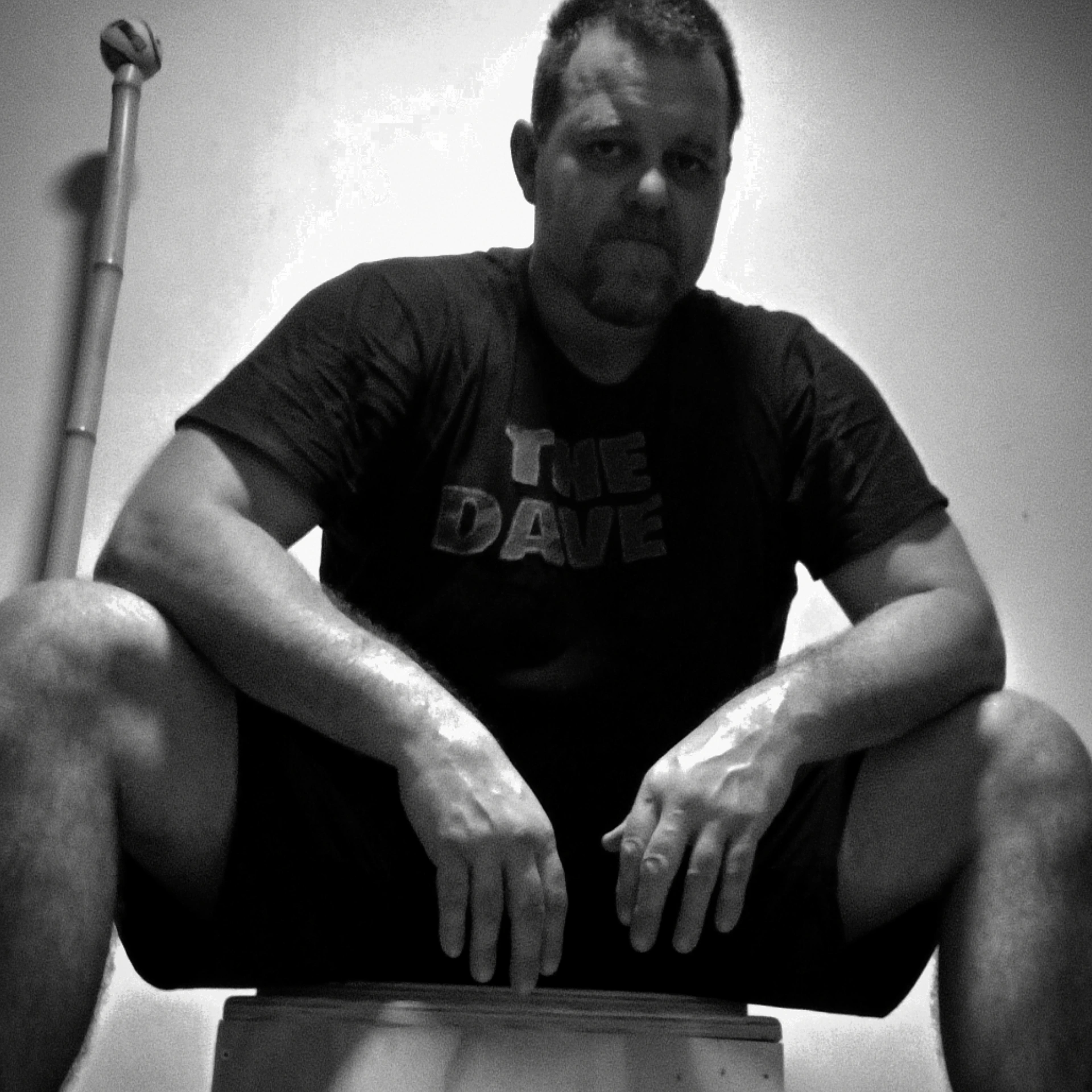High Effect, Low Tech Training
- Dave Hedges

- Jan 29, 2024
- 3 min read
Today's newsletter is an expansion on a social media post I put up the other day.
It's about low tech, high effect training.
Kinda the Rocky 4 story……
It comes from Aaron, a county level GAA player who also does fitness coaching.
Aaron was into me for some injury management, but we got talking about a whole lot of stuff in the injury/fitness and training sphere.
When he told me how he been asked to coach a squad, but they're in Donegal, he's in Derry.
They have a very small gym, basically a converted shed.
There's no actual S&C coaching, or even anyone with a fitness instructor qualification to watch them. He'd go across to them every 6 or so weeks
And how would I run it if it were me.
My first thought was that it was fantastic that the team had reached out, it shows ambition and forward thinking.
And I was really happy Aaron was comfortable asking my opinion even though it was our first time meeting.
But I couldn’t help but smile.
These “substandard” conditions are bread and butter not only to me, but every martial artist, wrestler and boxer who grew up in the days before there being a gym on every street corner.
Before every man and his dog was a personal trainer
Before the Internet gave us access to all the information in the world.
And yet, in those analogue times, we still became tough.
I believe that my instructors generation were of a toughness my generation could barely touch.
But we do tend to look back with rose tinted glasses.
What makes the analogue generation so tough and how can we take this to a modern team training environment?
Old fighters, even many modern fighters, grew up making lemonade.
We often trained in cold, damp training halls.
Usually shared.
We had little to no kit.
But what we lacked in gear, we made up for in heart.
Just like Rocky 4, with Stallone hoofing Logs up a mountain side in contrast to Lundgren training in a hyper modern computerised gymnasium.
So often we'd turn up and have to sweep the floor, then get out any kit. Then we'd warm up, train, put everything away and go home.
We took ownership of everything because we did every ourselves.
It gave us pride
Pride built heart
Heart developed toughness
But what training did we do?
Outside of the specific martial arts stuff of course.
We, like almost all fighters had a steady diet of calisthenics.
Push Ups
Sit ups
Crawling
Every type of lunge variation possible.
We ran, jogging around for warming up.
Running games, such as bulldog, dodgeball, sprints and chases.
We bounced and jumped.
This part makes me smile as I've been looking into plyometrics a lot of late. And you know what some of the plyo experts often talk about?
The way martial artists and Wrestlers jump and bounce.
That's not to say we did it right, the plyo experts simply refer back to variety of movement we did, not necessarily to volume or rest periods.
Fighters are horrendous for overtraining, not taking adequate rest between sets or even sessions.
And for strength, we carried.
We used each other for weight.
And if kit was available, sandbags, kettlebells, dumbbells, medicine balls, punch bags, whatever. It was carried in a gazillion different ways.
It'd also be thrown (kit, not training partners)
How can we take this out of martial arts and into field sports?
Simple really, it's all about structuring these simple exercises to give the adaptations desired.
Start with the speed related stuff, plyos and a few sprints.
Do the skill work.
Then carries, lunges, push ups, throws towards the end.
Work movements, push/pull/hinge/squat & locomotion
Work attributes, speed, power, strength, endurance, agility
Don't worry about the small stuff, that'll usually take care of itself (especially if crawling and carrying is utilised)
Is it scientific?
Not really, but we can often get too tied up with being scientific.
In my experience humans respond better to encouragement and getting in touch with their human animal than they do with data sets and analytics.
Regards
Dave Hedges



Comments